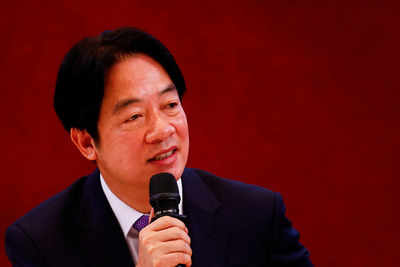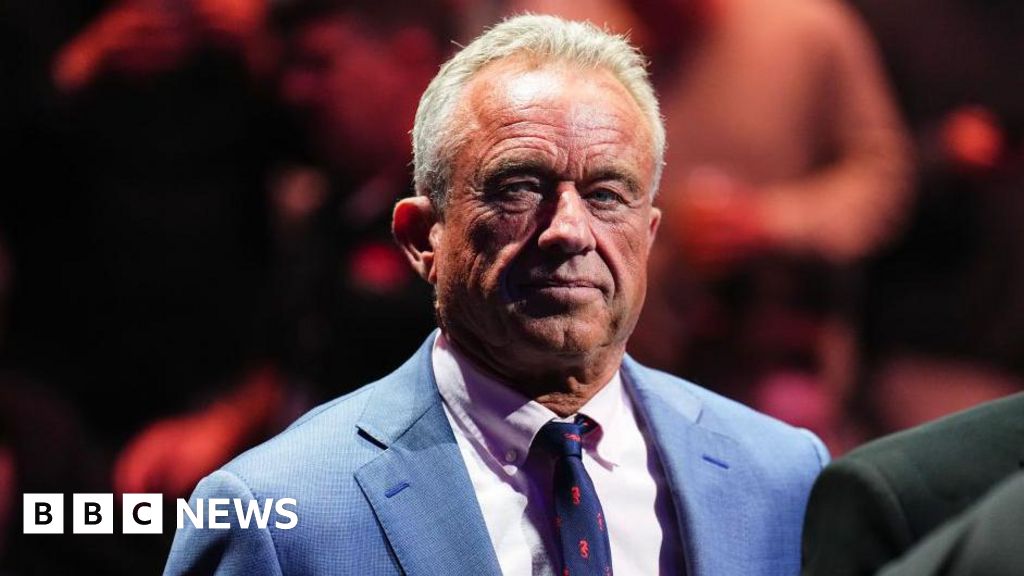
Taiwan's President Lai Ching-te.
Taiwan President Lai Ching-te
indicated in a speech that he would stand up to the challenges posed by China, comments likely to elicit a sharp response from Beijing.
While delivering his first National Day address on an overcast Thursday in Taipei, Lai said he’d “uphold the commitment to resist annexation or encroachment upon our sovereignty,” and added that China had no right to represent Taiwan.
He reiterated that that neither side of the strait separating the two sides was “subordinate to each other.” Lai used that line in his inaugural address in May, a speech Beijing criticized for sending “a dangerous signal of seeking independence.”
Lai’s latest comments are a sign that Taipei’s relationship with Beijing will very likely continue to be fraught with tensions. They also mean that the Taiwan issue will remain a key point of contention between China and the US, which backs Taipei militarily, economically and politically.
China has shown it deeply distrusts Lai because it worries he may formalize Taiwan’s independence and has taken an array of measures to show its displeasure with him.
Shortly after Lai took office in May, it held major military drills around the main island, and last month it removed tariff exemptions on some farm products from Taiwan. China has also stepped pressure on the offshore outposts that Taipei controls, and handed a nine-year prison sentence to a Taiwanese political activist convicted of “separatism.”
Beijing views Taiwan as part of its territory that must be brought under its control. It has said it prefers to do that peacefully but indicated that force will be used if necessary.
In his speech Thursday, Lai also said he was committed to “the status quo of peace and stability in the Taiwan Strait” — comments likely aimed at easing any US concern the situation could spiral out of control on his watch.
He also said he hoped to work with China on a range of issues, including climate change and combating infectious diseases.
Lai also pledged to rein in the property market, saying he’s “deeply aware that what everyone cares about the most is the pressure of high housing prices.”
The central bank in Taipei has raised the amount of funds banks must hold in reserve at its last two quarterly meetings while also unveiling targeted measures to try to address the problem.
Housing costs in Taiwan have risen for 23 straight quarters, the longest run on record.

 1 month ago
14
1 month ago
14










 English (US) ·
English (US) ·